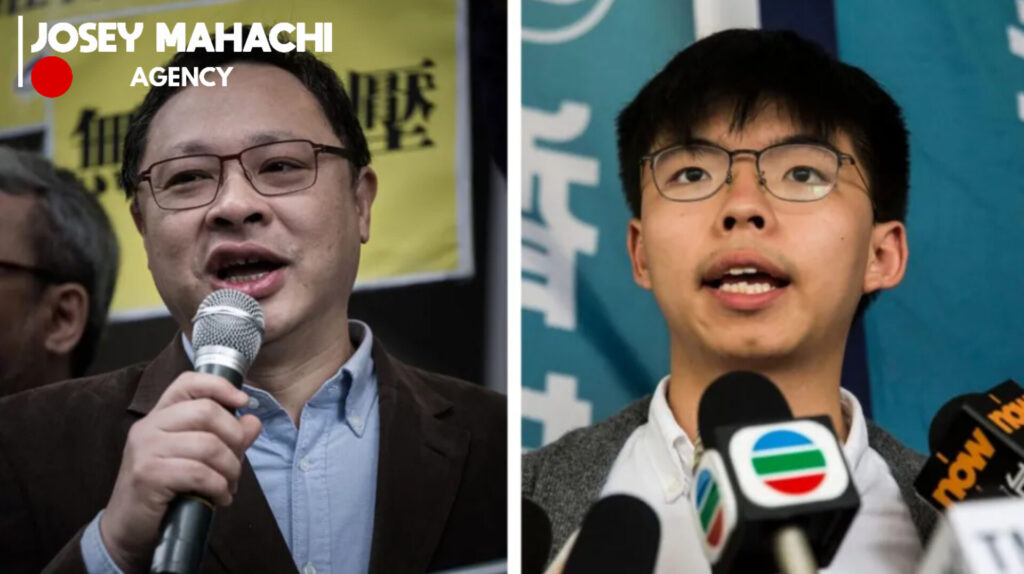By : Lloyd Mahachi
A Hong Kong court has sentenced prominent pro-democracy leaders, including Joshua Wong and Benny Tai, to jail terms ranging from four to ten years for subversion. This verdict is part of the largest use of China’s national security law, imposed on Hong Kong after the 2019 pro-democracy protests. Wong, a well-known activist, received more than four years, while Tai, a former law professor, got the longest sentence of ten years. This decision has significant implications for Hong Kong’s democratic future.
Joshua Wong has been a key figure in Hong Kong’s pro-democracy movement, rising to international prominence during the 2014 Hong Kong protests. He co-founded the student activist group Scholarism and later became the secretary-general of the pro-democracy party Demosistō. Wong has been arrested and jailed multiple times for his activism, including for participating in unauthorized assemblies and obstructing bailiffs. His dedication to democracy has inspired many.
The national security law has significantly weakened Hong Kong’s pro-democracy movement, with many leaders either jailed or in exile. The city’s legislature has also been overhauled to ensure only “patriots” can stand for office, further restricting opposition voices. The US has condemned the trial as “politically motivated”. This move has sparked concerns about Hong Kong’s autonomy and the erosion of democratic rights.
Other notable pro-democracy figures convicted include Gwyneth Ho, a former journalist, and lawmakers Claudia Mo and Leung Kwok-hung, who received sentences ranging from four to seven years. The trial has sparked widespread interest, with dozens queueing outside the court to show support for the defendants. Many see this as a critical moment in Hong Kong’s history.
The international community is closely watching the situation, expressing concerns about Hong Kong’s diminishing freedoms and the implications for its residents. The sentences handed down to these pro-democracy leaders mark a pivotal moment in the city’s struggle for autonomy and democratic rights. As tensions rise, the world waits to see what’s next for Hong Kong.
The convictions have also raised questions about the future of democracy in Hong Kong. With many leaders silenced or in exile, the city’s pro-democracy movement faces significant challenges. Despite this, activists remain committed to fighting for democratic rights and autonomy. The outcome of this struggle will shape Hong Kong’s future.
Editor : Josephine Mahachi

